Duncan MacDonald
Jakarta 6 June 2014
Reviewed 18 February 2022
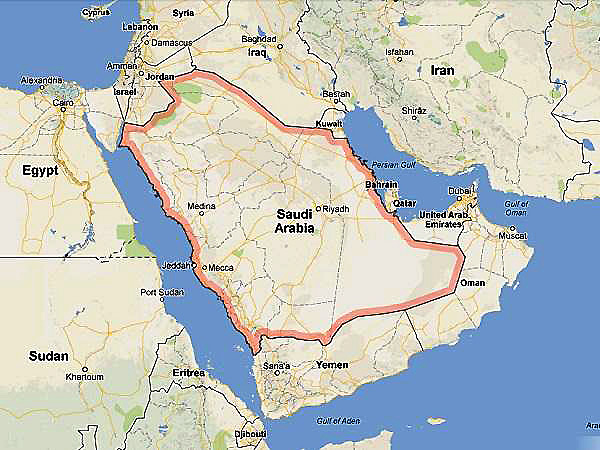
MERS is a new viral respiratory illness first reported in Saudi Arabia in April 2012. It is caused by a coronavirus called MERS-CoV. Symptoms of MERS include; fever, coughing and shortness of breath. It can lead to Pneumonia, kidney failure and gastrointestinal symptoms including diarrhoea.
Over 40% of people with confirmed MERS CoV, have died.
Human coronaviruses were first identified in the mid 1960’s. Coronaviruses can also infect animals. Coronaviruses are named for the crown-like spikes on their surface. Coronaviruses are common viruses that most people get some time in their life. Human coronaviruses usually cause mild to moderate upper-respiratory tract illnesses.
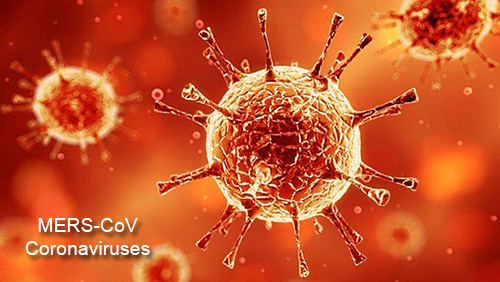
However one exception is SARS-CoV. Between November 2002 and July 2003 - 8,089 people became sick with SARS and 774 (9.6%) died. There have been no reported cases of SARS (Severe Acute Respiratory Syndrome) since late July 2003.
Is MERS-CoV the same as the SARS virus ?
No ! MERS-CoV is not the same coronavirus that caused SARS in 2003. However like the SARS virus, MERS-CoV is similar to coronaviruses found in camels and bats. CDC (Centres for Disease Control & Prevention) is still learning about MERS.
The ways that human coronaviruses spread has not been studied very much, except for SARS. However it is likely that human coronaviruses spread from an infected person to others through;
• the air by coughing and sneezing, and
• close personal contact, such as touching or shaking hands.
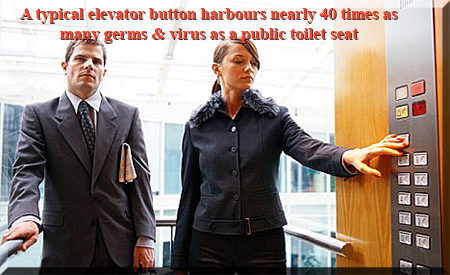
These viruses may also spread by touching contaminated objects or surfaces, then touching your mouth, nose or eyes. A virus can live for many hours on inanimate objects such as door handles, towels, telephones and lift buttons.
The case of a 50 year old American who contacted SARS after visiting China in 2003 and subsequently dying in Hong Kong, is worth recalling. The ensuing explosion of world-wide cases of SARS was traced back to this individual.
The initial spread in Hong Kong was a result of people in the hotel, where the American was staying before being hospitalised, touching the lift buttons in the hotel elevator.
The virus remained alive on the lift buttons for over 8 hours.
MORAL OF THE STORY: When you press lift buttons, use your knuckles - not the tip of your finger. Sooner or later you will wipe your nose or eyes with your finger tip and infect yourself with any particular virus.
At this stage medical experts are not certain how MERS-CoV spreads. The best guess of doctors now is the virus is carried in water droplets, spreading through exposure to an infected person who is sneezing and coughing.
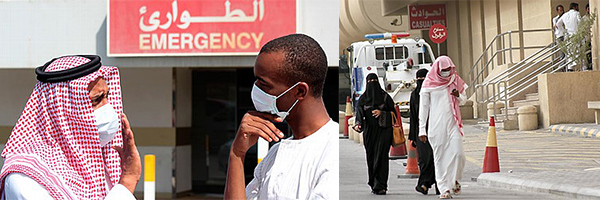
Everyone's all masked up in Saudi
Infections & Deaths by Country
All cases of people who have had MERS have lived in, or travelled to the Middle East. MERS CoV has occurred in those who have travelled or lived in: [No of cases] [No of deaths]
as at 3-June-2014 (Jakarta Post 6-June-2014 p.12)
◊ Saudi Arabia [1,47] [487] * as at 23-Aug-2015
◊ Jordan [ 9] [ 4]
◊ Kuwait [ 3] [ 1]
◊ Lebanon [ 1] [ 0]
◊ Oman [ 2] [ 2]
◊ Qatar [ 7] [ 4]
◊ United Arab Emirates (UAE) [ 67] [ 9]
◊ Yemen [ 1] [ 1]
Saudi Arabia revised the MERS death toll by increasing the number by more than 100 to 283, on June 3rd. The Deputy Health Minister, who has been criticised for his handling of the crisis, was sacked on Monday.
Imported cases, and/or cases in the hospital room, family and other close contacts of people who have been in the countries listed above have occurred in:
● Egypt [ 1] [ 0]
● France [ 2] [ 1]
● Germany [ 2] [ 1]
● Italy [ 1] [ 0]
● Malaysia [ 1] [ 1]
● Netherlands [ 2] [ 0]
● Philippines [ 1] [ 0]
● Tunisia [ 3] [ 1]
● United Kingdom [ 4] [ 3]
● United States of America (USA) [ 2] [ 0]
What is the source of MERS-CoV ?
We don’t know for certain where the virus came from. However it is likely to be an animal source. In addition to humans, MERS-CoV has been found in camels in Saudi Arabia, Qatar and Egypt and a bat in Saudi Arabia. An analysis published in February of blood samples from dromedary camels 1992 - 2010 found evidence of MERS going back two decades.

There are currently no vaccines available to protect you against human coronavirus infection. You can reduce your risk of infection by;
• washing your hands frequently with soap and water,
• not touching your eyes, nose or mouth, and
• avoiding close contact with people who are sick.
What should I do if I get sick ?
If you have an illness caused by human coronaviruses, you can help protect others by;
• staying home while you are sick,
• avoiding close contact with others,
• covering your mouth and nose when you cough or sneeze, and
• keeping objects and surfaces clean and disinfected.
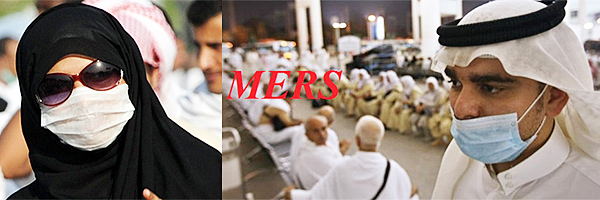
Laboratory tests can be done to conform whether your illness may be caused by human coronaviruses. However these tests are not used very often because people usually have mild illness. Also testing may be limited to a few specialised laboratories.
Specific laboratory tests may include;
• virus isolation in cell culture,
• polymerase chain reaction (PCR) assays that are more practical and available commercially, and
• serological testing for antibodies to human coronaviruses.
Nose and throat swabs are the best specimens for detecting common human coronaviruses. Serological testing requires collection of blood specimens.
There are no specific treatments for illnesses caused by human coronaviruses.
Most people with coronavirus illness will recover on their own. However some things can be done to relieve your symptoms, such as;
• taking pain and fever medications (caution: Aspirin should not be given to children), and
• using a room humidifier or taking a hot shower to help ease a sore throat and cough.
If you are sick you should;
• drink plenty of liquids, and
• stay at home and rest.
|
Stop Press (6 June 2016)
After 18 days with no new cases, Saudi Arabia's Ministry of Health (MOH) today reported a MERS infection in an 85 year old Saudi woman. Since it first appeared in Saudi Arabia in 2012, the virus has infected 1,384 people, 592 of them fatal.
That's Life
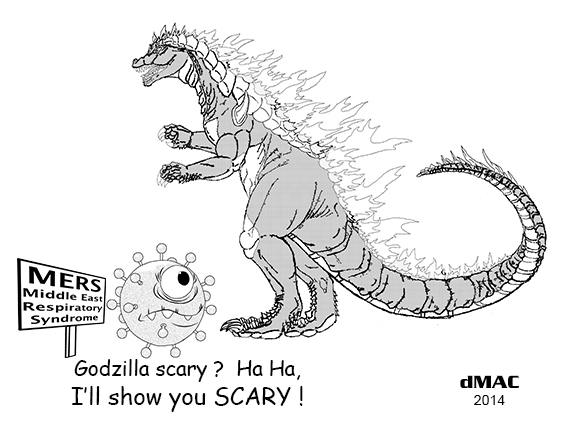
This Digest article can be downloaded as a FREE e-book on Smashwords.
Available on iPad / iBooks, Kindle, Nook, Sony, & most e-reading apps including Stanza & Aldiko.
Just click the following link
>> download free e-book dMAC Digest Vol 4 No 5




